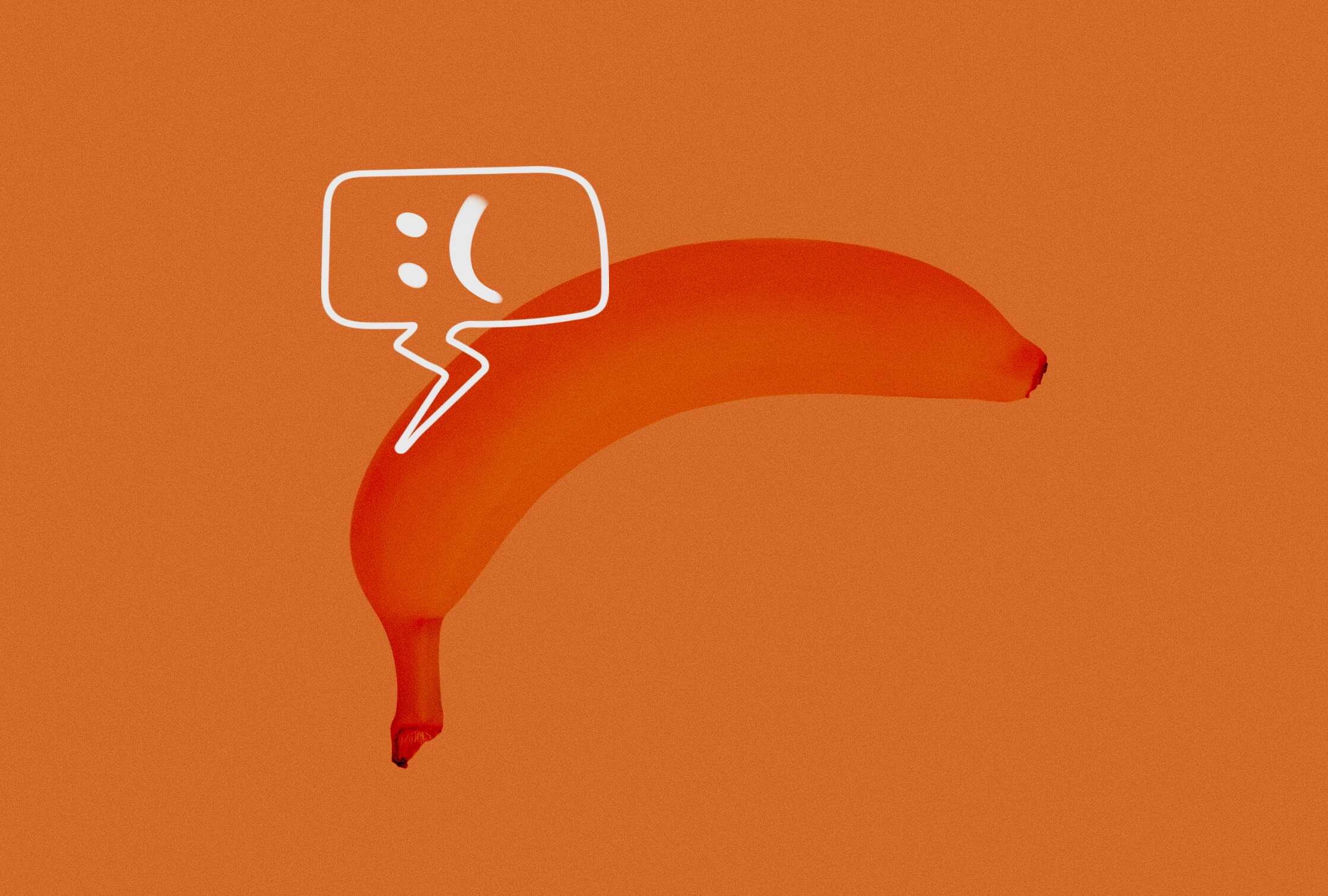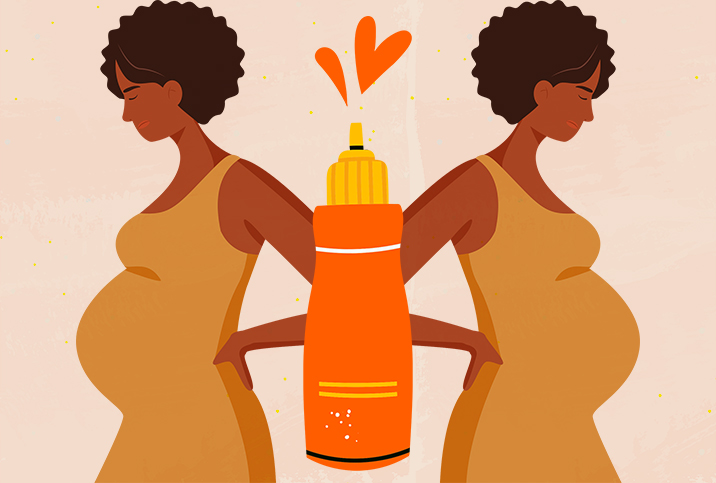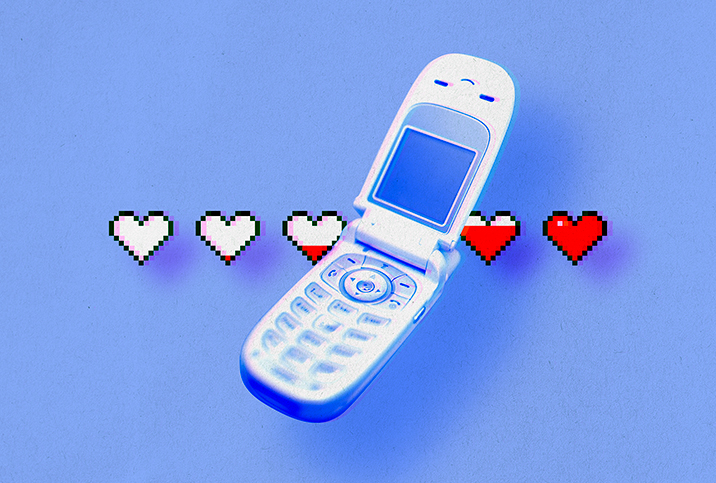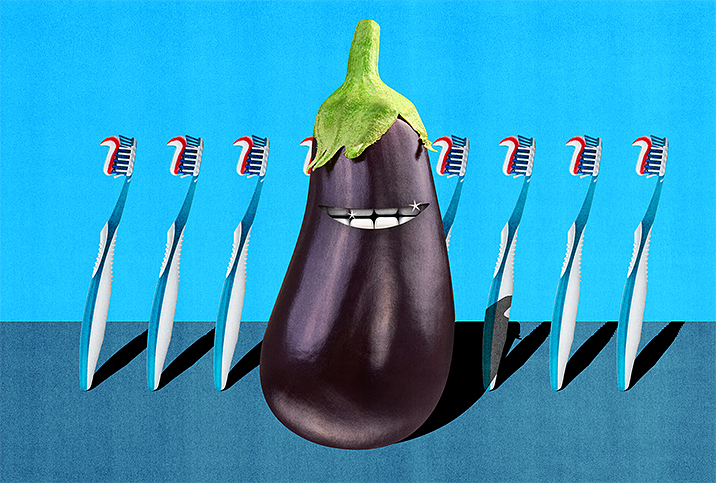Why Do I Have Trouble Maintaining an Erection?

Getting an erection is a precursor to sex. If you have trouble maintaining an erection long enough to complete the act, though, it can become an anxious, frustrating event that can hamper your sex life.
What if that's the scenario: You can get an erection, but you can't keep it? Talk about a frustrating reason for sexual dysfunction. What can cause this issue? Is it physical? Is it psychological? Both?
Difficulty maintaining an erection is a common concern, especially for people older than 40.
"The classic times to lose it is while attempting penetration or while thrusting inside," said Michael Werner, M.D., the medical director and founder of Maze Men's Sexual & Reproductive Health in New York.
Werner and other experts weighed in about some of the most probable causes and best options to treat erectile dysfunction (ED).
The basics of erections
Before looking at potential causes of erectile dysfunction, specifically, erections that won't last, it's worth understanding how erections form and what helps them stay firm.
"I find it useful to think about how a man gets an erection [as] similar to how we fill a bathtub. First, you must turn on the water," Werner said. "Then, to allow the bathtub to fill and keep it full, you have to put in the stopper and not have too many leaks."
When you get sexually aroused, a signal is sent to dilate the arteries that lead to the penis and bring in more blood. The same signals also activate the trapping mechanism to help hold the blood in the penis. If either of these mechanisms fails and the steady state between filling and emptying does not favor staying full, there is a problem maintaining an erection.
Blood flow problems interfere with erections
Erectile dysfunction can occur due to a problem with arterial blood inflow to the penis or venous leakage from blood vessels.
Arterial inflow problems are common if you have other medical conditions associated with small vessel diseases, such as diabetes, high cholesterol and hypertension. These conditions cause a narrowing of the arteries, which can cause ED, according to Russel Williams, M.D., a board-certified urologist and urological surgeon in Houston.
A venous leak from the penis is a condition where the "watertight" properties of the penis are compromised. The blood can leak out and cause you to lose your erection.
"A venous leak can occur from previous trauma to the penis or from Peyronie's disease, which is abnormal calcification into the wall of the penis," Williams explained.
Another culprit that could affect blood flow is a nerve injury from pelvic or prostate surgery. Those surgeries can damage the nerves that control blood flow to the penis and cause ED. These aren't nerve endings associated with sensation, Williams clarified. They are all about controlling blood flow to the penis.
Strong sexual desire is important
Strong sexual desire is crucial to maintaining the mechanism for increased arterial inflow. Diminished sexual arousal and low testosterone can affect the process that controls arterial inflow, Williams said.
Erection difficulties can also have roots in mental health, especially in younger patients.
"Erectile dysfunction in men less than 35 years of age is commonly due to psychogenic causes," Werner said. "Although, this is not to say that men over this age can't have erectile dysfunction rooted in mental causes. Depression, stress from life and anxiety performing with a partner are just a few factors that can affect a man's erection quality."
Once a man loses confidence in his erections, the psychological issues surrounding getting and staying hard can become a self-fulfilling prophecy. In other words, fear and anxiety around potentially losing your erection can cause you to do just that.
The parasympathetic nervous system, which is composed of the nerve pathways that are active when a person feels calm, relaxed and present, governs erections. The sympathetic nervous system is the body's response to stress.
"[It] creates the fight, flight, freeze or faint response, which works against having an erection," explained Alexandra Stockwell, M.D., of California, the author of "Uncompromising Intimacy" and the host of "The Intimate Marriage Podcast."
If stress and anxiety take over, the mental state needed to keep your erection can be lost, and it may take your erection with it.
Treatments and lifestyle habits
Physicians will tell you it is important to understand that erectile dysfunction is often a symptom of an underlying problem.
"Part of diagnosing and treating ED in men is investigating factors contributing to the newly decreased erection quality. Often, this can be affected by a combination of physical or psychological causes," Werner explained.
Currently, most treatments do not reverse ED but help manage it. These include oral medications, vacuum pumps and penile injections. When everything else has been tried, penile implants are an option.
Men are likely to come across two treatments during their search for ED help: low-intensity shockwave therapy and regenerative cell therapy. Many clinics and practices offer the treatments for men with ED, and there seems to be anecdotal evidence that they are safe and work in very specific circumstances. Robust studies, however, are lacking.
In fact, the American Urological Association (AUA) and the Sexual Medicine Society of North America (SMSNA) consider these treatments to be investigational or experimental for ED, even if they are safe. SMSNA states they should "only be conducted under research protocols in compliance with Institutional Review Board approval at little or no cost to the patient."
But men looking to treat ED are obviously free to do their own research and pursue a treatment path that's best for them. Talking to your doctor to seek medical advice about your best options is a solid first step.
Lifestyle factors can also help restore erectile function. Not all such factors are within your control, but some are. Increasing your stamina, starting strength training and improving your sleep habits could help your erections last longer.
"Poor conditioning, fatigue and premature ejaculation during sexual activity can cause men to have decreased erections prematurely," Williams said.
Low testosterone levels can also lead to less desire and lower the likelihood of keeping an erection. Strength training, a solid nutrition plan and daily activity can boost testosterone and the stamina it takes to keep your erection and have a satisfactory sexual performance.
"Anytime a man is depressed or anxious or feels performance anxiety, work stress, relationship stress, sleep deprivation or otherwise is not relaxed, having an erection becomes less likely," Stockwell said.
If you've tried one or more ED-management treatments but erectile dysfunction persists, a wearable device free from the side effects of medication and surgery can restore sexual function. Eddie® is an FDA-registered Class II medical device designed to treat erectile dysfunction and improve male sexual performance. Its subtle size and fast-acting results allow you to treat your ED with more control. With Eddie, you don't need to wait for a pill to kick in, use an awkward pump, or subject yourself to injections or experimental treatments. And in 2021 clinical trials, 95 percent of men who used Eddie reported a positive effect on their sex life.














